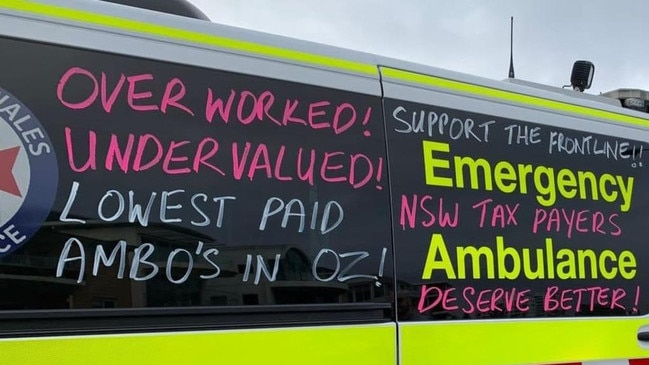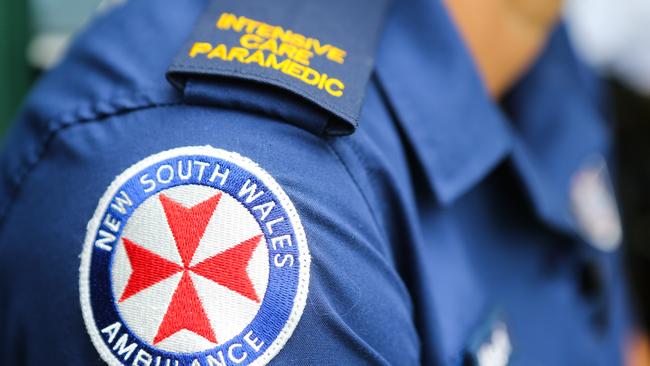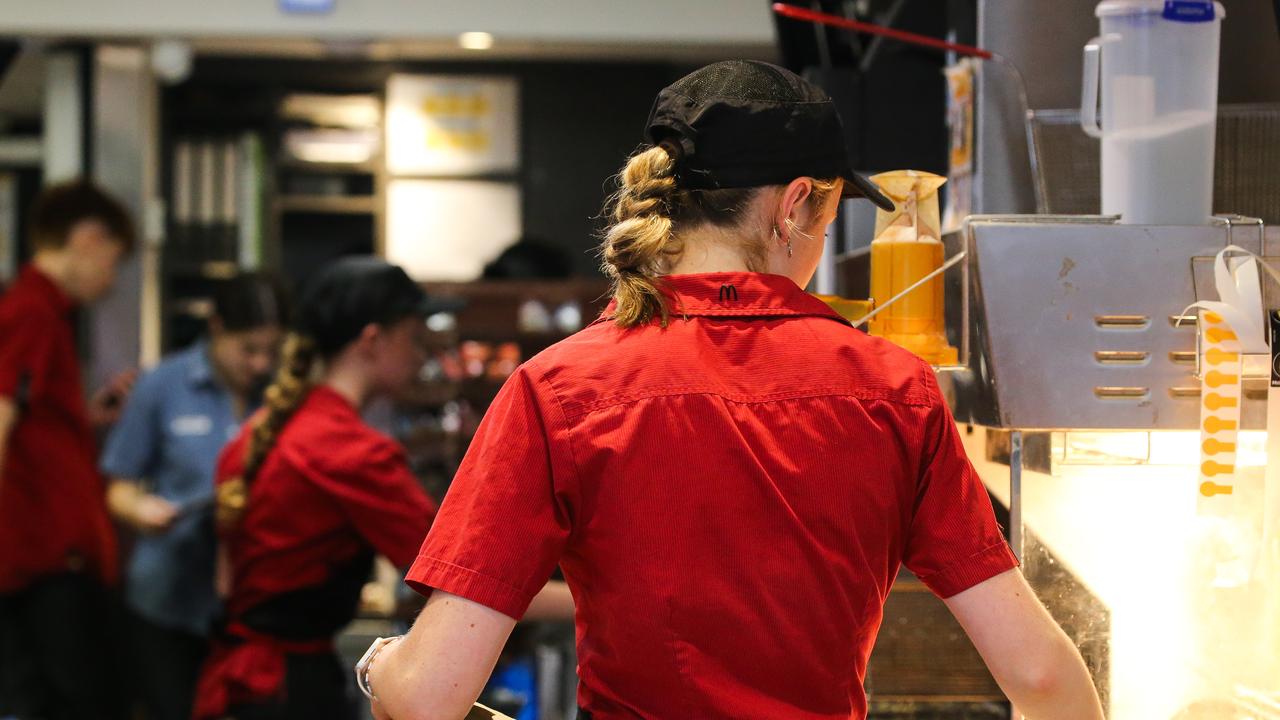NSW Ambulance staff to ramp up industrial action
NSW Ambulance is lurching from “crisis to crisis”, with hundreds of paramedics set to take industrial action over these issues.

At Work
Don't miss out on the headlines from At Work. Followed categories will be added to My News.
“Chaos” is unfolding in NSW as hundreds of paramedics are set to strike over wages, staff shortages and “massive amounts of burnout”.
From Thursday, paramedics will not leave their own station to cover shortages in other areas, as the Australian Paramedics Association NSW (APA) puts a ban on “staff movements” – including shuffling paramedics to fill roster gaps.
Intensive care paramedic and APA delegate Brett Simpson said every Monday for 24 hours paramedics would refuse to transport non-urgent patients or conduct post-treatment discharges.
“Basically, it’s a discharge from the hospital – what we call the taxi jobs … and there’s no clinical need for the patient to go into an ambulance other than there’s no one available and they need to be discharged from the health system,” he said.
“NSW Ambulance is just sort of lurching from crisis to crisis at the moment, it’s chaos.”

The union is demanding an additional 1500 paramedics on the road as well as more pay and investment in specialist training programs.
Previously, the union has run similar actions over 24-hour stretches.
“Paramedics are at breaking point, we’re seeing massive, massive, amounts of burnout,” Mr Simpson said.
“There were hundreds and hundreds and hundreds of instances of what was reported to us (in an internal APA survey) as staff having like 16-hour-plus shifts at the moment.”
NSW Ambulance has been at a “status 3” emergency declaration several times in the past few weeks, meaning paramedics were struggling to respond to life-threatening calls.
The Sydney metro area was again at status 3 last week, with 104 patients waiting for a response and only one transport ambulance available, according to the APA.

The internal APA survey revealed 80 per cent of paramedics reported feeling too fatigued to drive home safely, with 28 per cent saying this is a common occurrence.
Mr Simpson said the NSW government had turned its back on the service by refusing to provide basic resourcing.
“This sort of burnout is also leaving people in the community vulnerable,” he said.
“We need action from the government, we need better pay and better conditions.”
The Premier’s office has been contacted for comment.
Originally published as NSW Ambulance staff to ramp up industrial action


